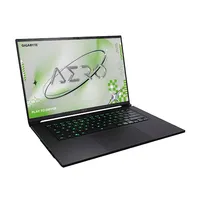Sponsored by Gigabyte
6 things to know before getting into PC gaming
What to know before you press "Play"
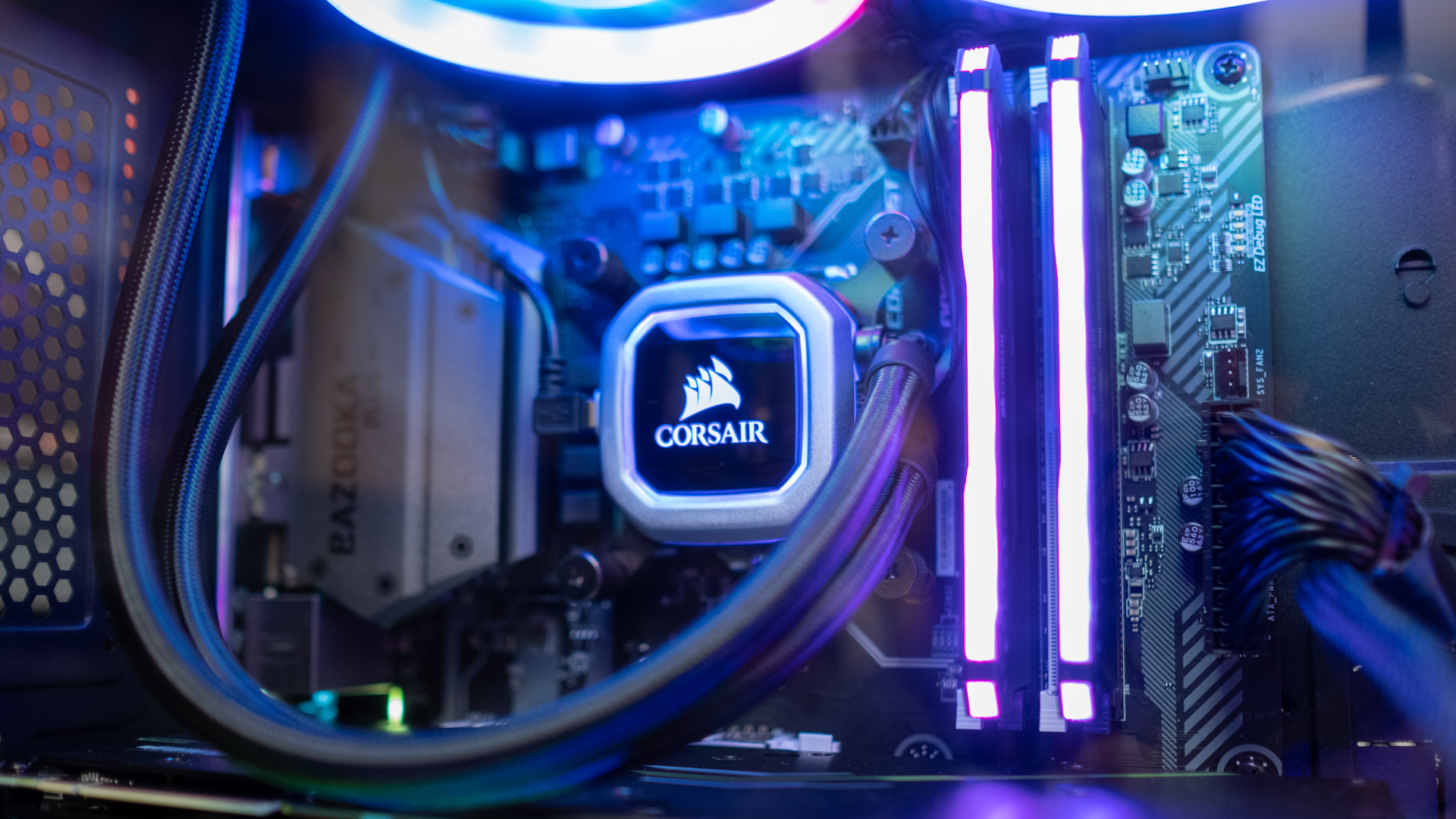
PC gaming is an incredible hobby. You can meet friends from all over the world, hone your skills against evenly-matched opponents, and experience new stories in a way that you just can't get from movies and TV.
But before you buy your first computer, there are a few things you should know. I'll walk you through my tips for getting started in the world of PC gaming, whether you're thinking about building your own custom rig or looking for the best deal on a prebuilt PC.
Ready? Press "Continue."
AERO X16 2WHA3USC64DH: Available in the stunning and modern Lunar White colorway, the AERO X16 2WH packs an AMD Ryzen AI 9 processor and NVIDIA GeForce RTX 5070 GPU, while weighing just 4.18 pounds with a slim 16.75 mm profile, giving you competitive gaming performance in a lightweight package. Small and mighty, the AERO X16 also boasts a quad-AI integrated experience, offering all the power of GIGABYTE GiMATE, Microsoft Copilot+, AMD Ryzen AI, and NVIDIA RTX AI in one device.
1. How to find the right components
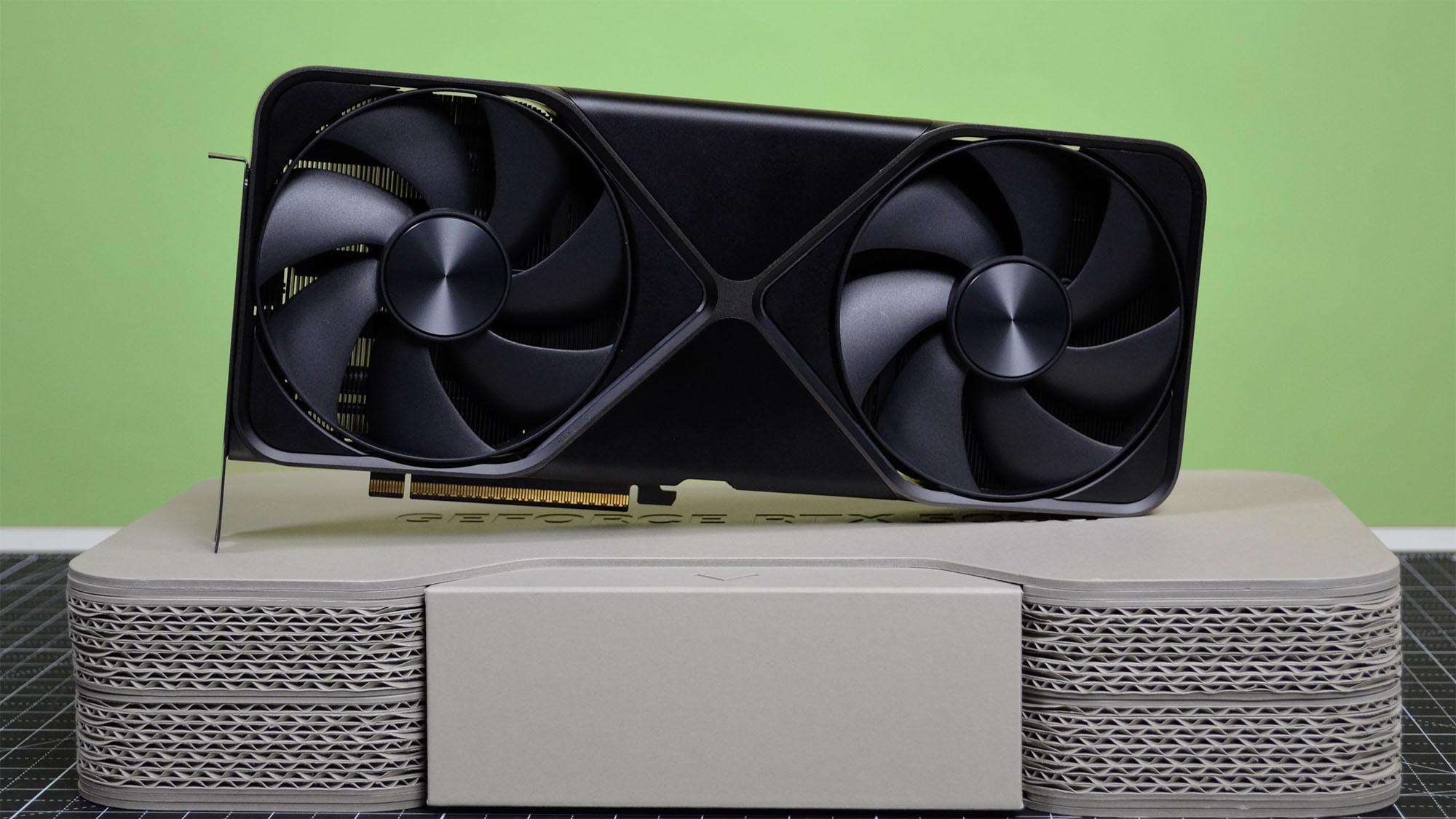
One of the most important things to know before getting into PC gaming is how to find the right parts for your build and the games you want to play.
What kind of games interest you? If you're into visually beautiful story-driven games like Red Dead Redemption 2 and Cyberpunk 2077, you're going to need more power than someone who spends most of their time in esports titles like Counter-Strike 2 and Rocket League.
Start your build from the graphics card (GPU). That's where most of your budget will go, and it largely determines how powerful your gaming PC will be. Of course, your processor (CPU) and RAM play vital roles, but your graphics card will have the most impact on your system.
If you've never looked for graphics cards before, our list of the best graphics cards is a great place to start. Our Components Editor John Loeffler walks you through the best graphics card for every system, from an entry-level 1080p build with the Intel Arc B570 to a top-tier battlestation with the Nvidia GeForce RTX 5090.
After landing on a graphics card option or two, it's time to find a matching processor. We also have a guide for the best processors if you'd like some help getting started there.
It's important to note that not all PC parts are compatible with each other. PCPartPicker is a great place to check whether the parts you like are compatible or not.
Add your graphics card (also known as a video card), then when you search for any other part like the CPU or motherboard, PCPartPicker automatically filters out anything incompatible.
Use this method for the rest of your parts, including RAM, power supply, and storage. I would strongly recommend an M.2 NVMe SSD to store your games; these make your loading screens basically non-existent and your Windows startup time incredibly quick.
I also recommend a minimum of 16GB of DDR5 RAM, with 32GB looking more preferable as games and apps continue to get more resource-intensive.
There's no one "best" place to buy PC parts, either. Amazon, Best Buy, Newegg, B&H Photo, and Microcenter are all great bets (Amazon, Currys, Argos, and eBuyer if you're in the UK). Go with wherever you can find the best deal on the part you want.
2. Basic maintenance is crucial
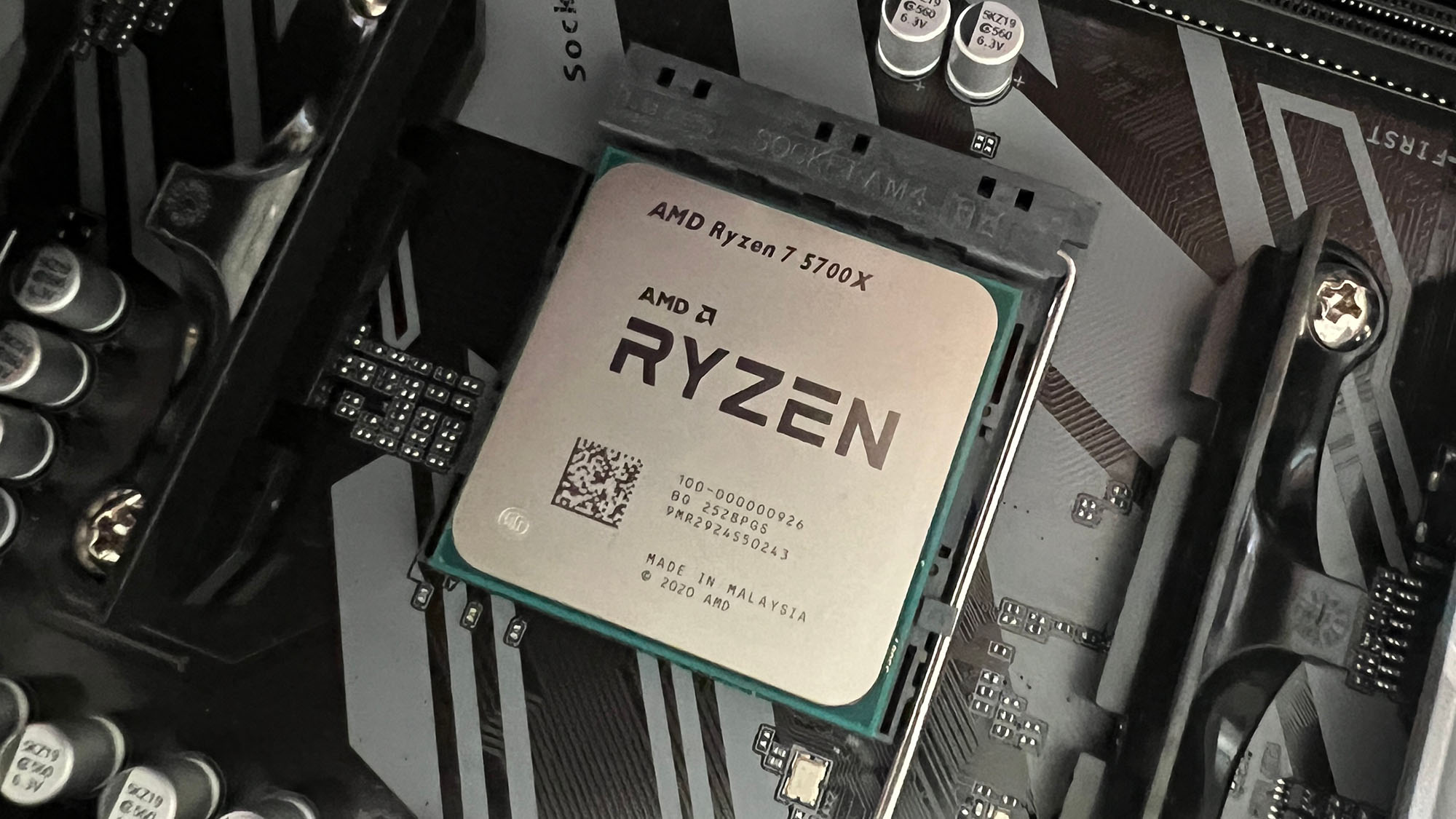
When it comes to your PS5 or Xbox Series S, there's not much maintenance required, if any. You leave it on the shelf and expect it to work properly every day, and for the most part it will. PCs are a little bit different.
Whether you buy a prebuilt PC or build your own (both are great options, as I'll explain later), it's a wise idea to get comfortable opening up your case and performing basic upkeep.
Some fans on your PC are meant to suck in air from outside to blow across your PC parts while they run. This also sucks in any dust or pet hair that may be floating around your home, which does not mesh well with computer parts.
A good can of compressed air and a microfiber cloth is all you need. And it's important to keep in mind that you'll always want to fully power off your PC and ground yourself by touching any metal surface before working on the internal components.
Computers can also seemingly decide they no longer want to work properly some days, and it may be up to you to diagnose the problem. Many motherboards will have error status lights or screens built in - check its manual (which is almost always online if you don't have a physical copy) for a detailed key.
You may never need to know these error status codes - in fact I hope you don't - but if you do, you'll be glad you know what to look for.
Those maintenance expectations go for the software side of things, too. The life of a PC gamer comes with many status bars and setup wizards.
You'll need to keep your various drivers up to date (including graphics, audio, and accessories), as well as your operating system. Thankfully, this is usually as simple as clicking a button, but it's important not to overlook.
3. You're going to live in the settings menu
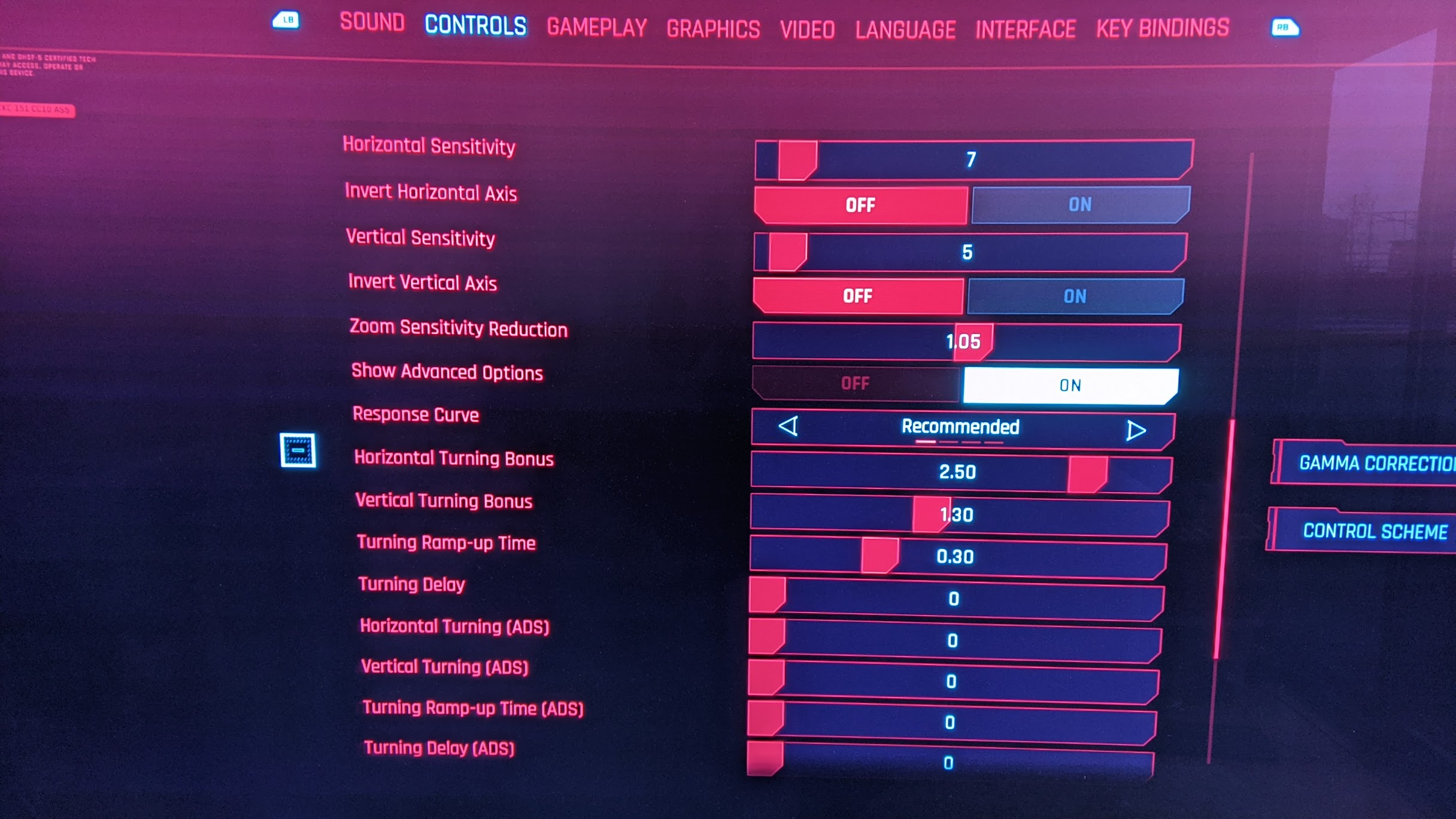
Without fail, the first thing I do after downloading a new PC game is go straight to the settings menu. You're going to have a lot more freedom with PC settings menus than you will on console because the range of PC performance is much wider.
For instance, with an Nvidia graphics card you'll be able to make use of DLSS for a huge boost to your frame rate. If you want to reduce screen tearing for a smoother experience, turn on Vsync. And, probably, turn that blaring master volume down from 100% (props to any game developer that sets it at around 50% by default - you get it).
Take some time to get familiar with what the different settings do - some will be obvious, like resolution, whereas others like anti-aliasing may require a little research.
I almost never went to the settings page in games on console, save for when I wanted to toggle subtitles or tinker with gameplay settings. But on PC? I can't live without it.
4. You'll probably catch the upgrade bug
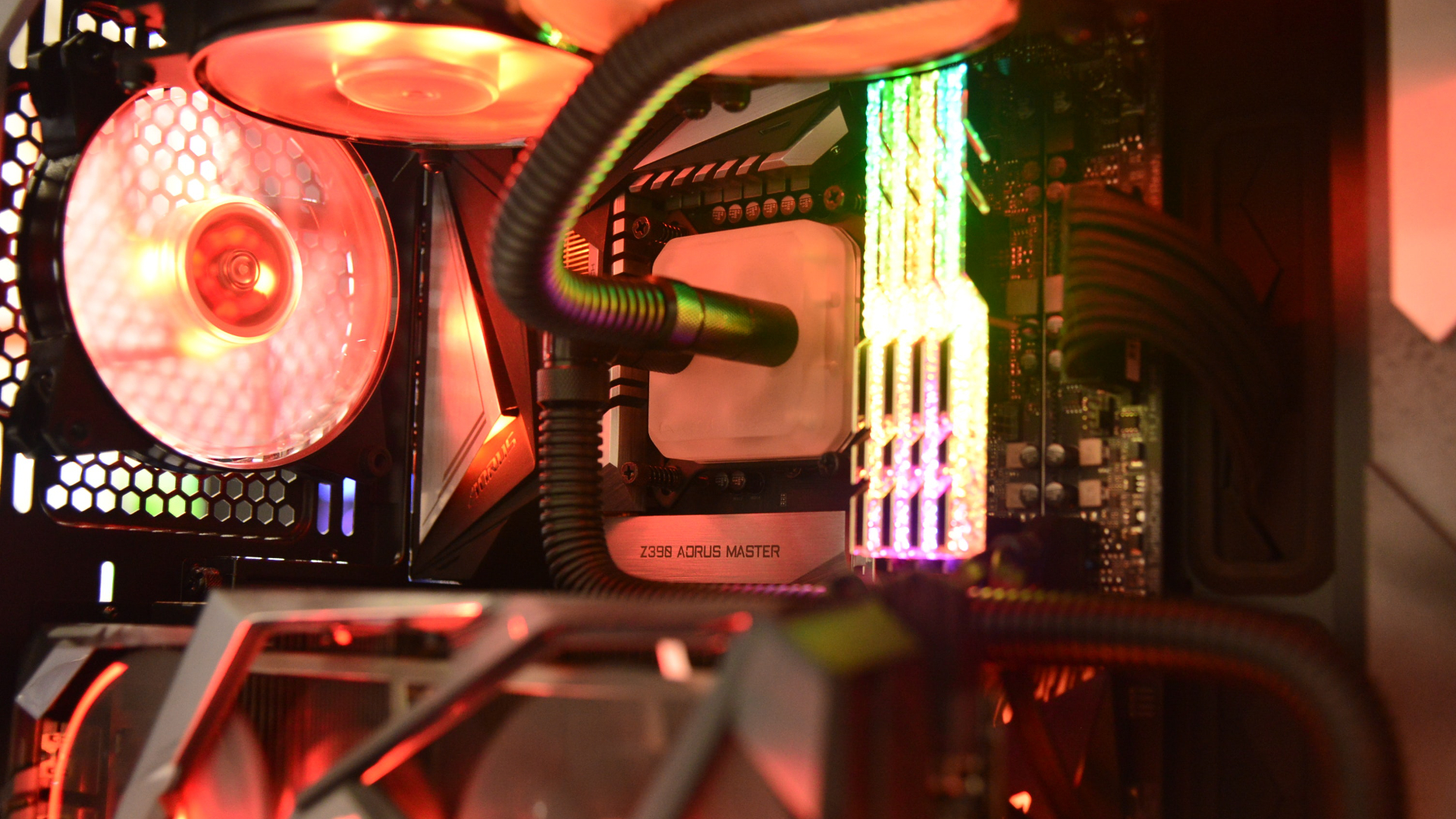
Once you get your first taste of PC gaming glory, it's hard not to think "what if I had just a little bit more horsepower?" Before you know it, you have a 5080 and a PC case that plays GIFs.
New advancements in PC tech come out every year, and it can be tough not to get fear of missing out when Nvidia or AMD is on stage talking about how its latest advancement will change the way games are played.
My two cents is to be frugal with your upgrades.
If your current rig still plays the games you want, and you're not facing any problems like thermal throttling or capped storage, you can probably wait a few upgrade cycles until either a) prices for last-gen (but are still an upgrade for you) parts drop or b) a new feature comes out that interests you, such as ray tracing with the introduction of the RTX 3000 series.
This also leads into my next thing you should know before getting into PC gaming, which is...
5. PC gaming sales happen all the time

It's a pretty big deal when consoles go on sale, and even a little exciting when games for those consoles go on sale. But in the world of PC gaming, you're getting discounts thrown at you left and right.
The Steam (Steam is the largest PC gaming marketplace in the world by no small margin) Summer Sale used to be a huge event - it still is, but now Steam has Spring, Winter, and Autumn sales to go with it. Thousands of titles from AAA behemoths to underground solo-dev projects get up to 90% off, and that's not even mentioning the hundreds of other events like developer sales that run throughout the year.
And that's just on Steam! You've also got EA, GOG Galaxy, and more to check for a great deal on the game you want. I haven't purchased more than five games at full price in the last several years - I just toss it in my wish list and wait for it to inevitably drop in price.
Epic Games even gives you a free game to keep every week just for having the launcher downloaded and claiming it.
The same goes for hardware, too.
Amazon, Best Buy, and Newegg are constantly running deals on CPUs, RAM, and just about every other part you may want. Graphics cards are a bit of an outlier - you'll definitely find some models on sale, but you may not be able to find the most popular options even at market price.
It's a great idea to look for PC parts around Black Friday, too - tons of parts go on sale for outstanding prices around the holidays.
6. Just because it's prebuilt doesn't make it bad
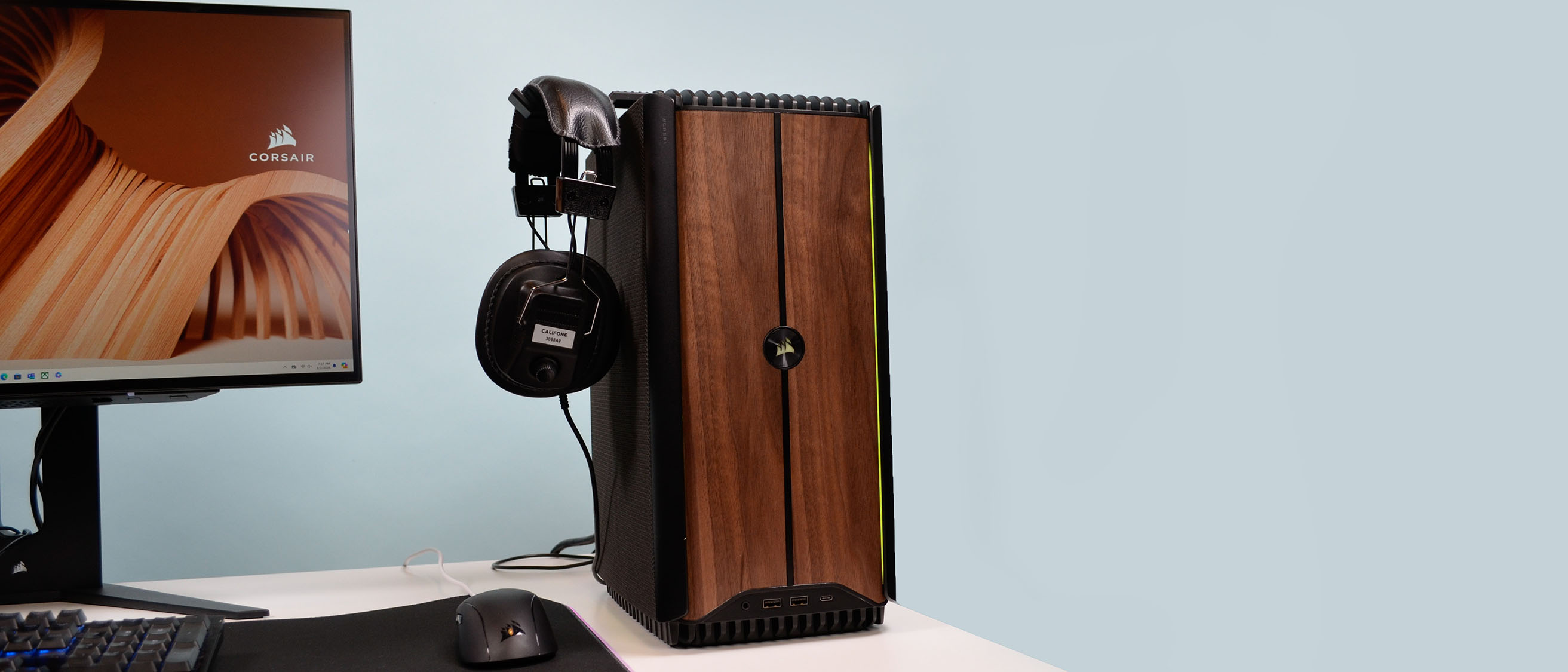
If you're just getting into PC building, you may come across some rather passionate individuals who tell you that prebuilt PCs are inherently bad and if you don't build it yourself then you're not a real PC gamer.
That just isn't true.
First off, if you play games on your computer and have fun doing it, you're a PC gamer. Whether you built your system or not does not affect your enjoyment of the games you play.
Plus, you can actually find some really solid deals on prebuilt PCs nowadays because the prices of standalone graphics cards are so expensive. PC builders are able to buy bulk quantities of graphics cards directly from manufacturers at set prices, offering you the parts you want in an expertly-assembled package, often at a reasonable asking price.
Check out our list of the best gaming PCs if you're interested in a prebuilt system.
I wish I could go back and relive my first PC build again - well, most of it. It wasn't all fun; there was a lot of research, frustration, under-the-breath swearing, and reworking involved. But pressing the power button and seeing it whirr to life for the first time made it all worth it.
Good luck with your first dip into the world of PC gaming, any if you have any questions, drop them in the comments below!
Sign up for breaking news, reviews, opinion, top tech deals, and more.

Marcus Mears III is the Computing Reviews and Buying Guides Editor at TechRadar. He's been covering the latest in consumer tech for over 5 years, and he's gone hands-on with everything from the M2 MacBook Air to Valve's Steam Deck. Marcus is an advocate for Right to Repair laws and believes everyone can benefit from getting under the hood of your daily-driver tech. He'll also beat you in Texas Hold 'Em, too.
